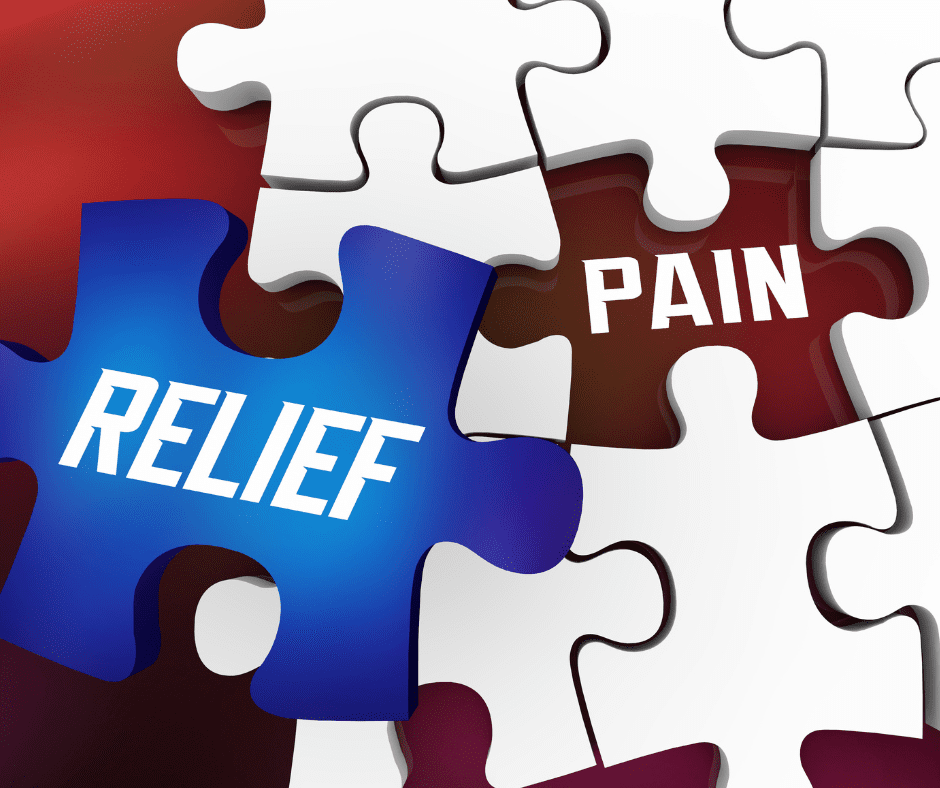
To become resilient and grow from what happens to us, we must choose to face and metabolize the pain of loss. That’s what the art of grieving is. Psychotherapist Resmaa Menakem describes “clean pain’ as that which is faced and transformed while “Dirty Pain” is pain that is ignored or denied and stuck in our bodies. It interferes with our thoughts and ability to function, causing us to transmit the pain to others in an unfocused or purposefully planful way. It seems likely we’ve experienced a version of the latter this week.
The television broadcast is interrupted with breaking news. We see the shadowy figure of a hooded man pointing a gun with a silencer on it towards a figure of another man who is walking in front of him in the Wall Street section of NYC. We’re told that the second man was a 50-year-old health care executive, and that the hooded man shot him in the back and killed him.
We soon learn that three bullet casing were found, each labeled with a word, Deny, Defend, and Depose. Along with millions of other people in the US, I recognize these words as descriptive of the process health insurance companies use to deny patient and provider claims. As health care providers, my husband and I immediately added another D word –Delay. I was immediately transported to January 1992, when “managed care” entered the field of behavioral health, 5 years after we had established our own successful health care clinic. Divisions of health insurance companies become gatekeepers between providers and patients. Employees they hired determined what claims were allowed, and eventually how much was paid to those who provided the service. In the spiral of my own grief, I saw again the new furniture the health care company displayed proudly when I was at a meeting to discuss their paying our invoices in a timelier manner. While we waited, and juggled our own cash flow, I expressed my anger by researching, writing and presenting a paper at a health care conference on the 42 steps that now became necessary for employees of our company to accomplish in order for us to be paid. Any missteps out of order (service not pre-authorized) we would not get paid at all.
The public reaction of humor or scorn on social media to the murder seemed to be people offering the company “a dose of their own medicine,” ––reactions that shocked many people. But given the number of people who have been denied coverage for their own treatment or for the care of a loved one’s illness, it seems likely that the incident connected people to their own unprocessed pain. Add to that the fact that 500,000 people per year experience medical bankruptcy due to unpaid medical bills while health care executives are paid, as this gentleman was, 9 million dollars a year. It’s clear that our systems are broken and unjust and not serving individuals or the greater good.
Returning to Menakem’s powerful book,” My Grandmother’s Hands,” the path forward does not mean just providing more security for people working as executives in our healthcare system. Rather, we need to recognize and process the immense pain that the system causes (clean pain) and not just respond from our most wounded parts. (dirty pain). When enough people face the problem, we are more likely to heal ourselves and the systems that are meant to serve us.

